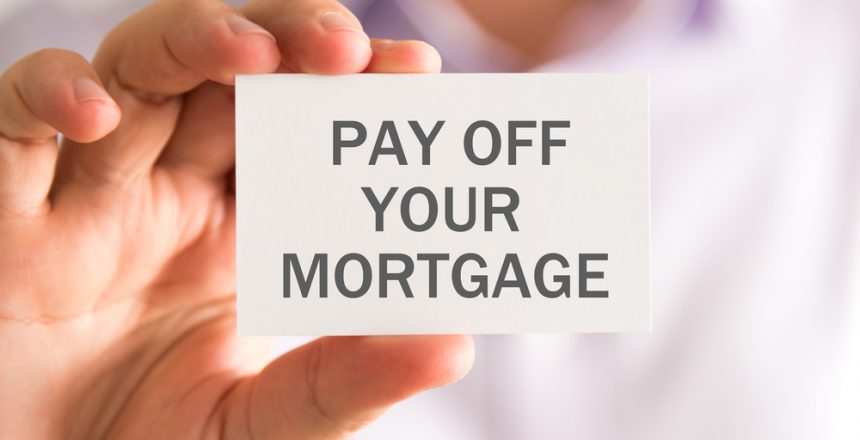I turned 45 during confinement. Including a two year break from the workforce for business school, I have been working 20 years. So, I’m halfway through my working years based on retiring at 65. It’s a cliché, but I like what I do and don’t have a desired target retirement date in mind. That said, it is very important for me to not have to kill myself working to pay for my lifestyle. I do not like the stress of having to make more than $ X amount or else.
I am halfway through my three-year escape to France, and the cost of living is significantly lower here than in San Francisco. Plus, healthcare is essentially free. This means that I can make half of what I was making in the U.S. and live a great life. When I make more than I need, I have tended to invest some but usually spend it on more travel. But this birthday has made me rethink my own financial goals and what I would like to do with any extra money that I earn.
Like many, my biggest expense in my mortgage. Upon the advice of my father eight years ago, I refinanced into a 15 year fixed mortgage at 3%. The monthly payment was double what it could have been with a 30 year fixed mortgage, which was painful with two young children in childcare. However, it saved me hundreds of thousands in interest so I did it. I have seven years left on the loan but now I’m getting antsy. I want this debt and the obligation of those monthly payments done!
I want to be debt free by 50. To do this, I need to pay down an extra $12,000 per year in principal. While the opportunity cost of money suggests it’s better to invest the $12,000 in the market (if it earns more than 3%!) and then in five years pay off the loan by liquidating those investments, paying down the principal directly is a sure thing, and I like that sense of surety today. I may change my mind next year and invest the money, but for this year, paying down my balance by an additional $12,000 is my goal.
Want to calculate yours?
During my research into the extent of American debt, I found this article about consumerism in the American Psychological Association. It discusses how American marketing and credit cards lead to strong impulses to buy stuff and how self-control is draining when living a busy and stressful life. This article was written in the last economic downturn in 2008, and said at the time it was a time to reflect and rein in spending. Seems timely to think about this again as we face a global recession that some experts say will last a while. Maybe the recession will spark a new trend towards de-levering and eliminating debt!



